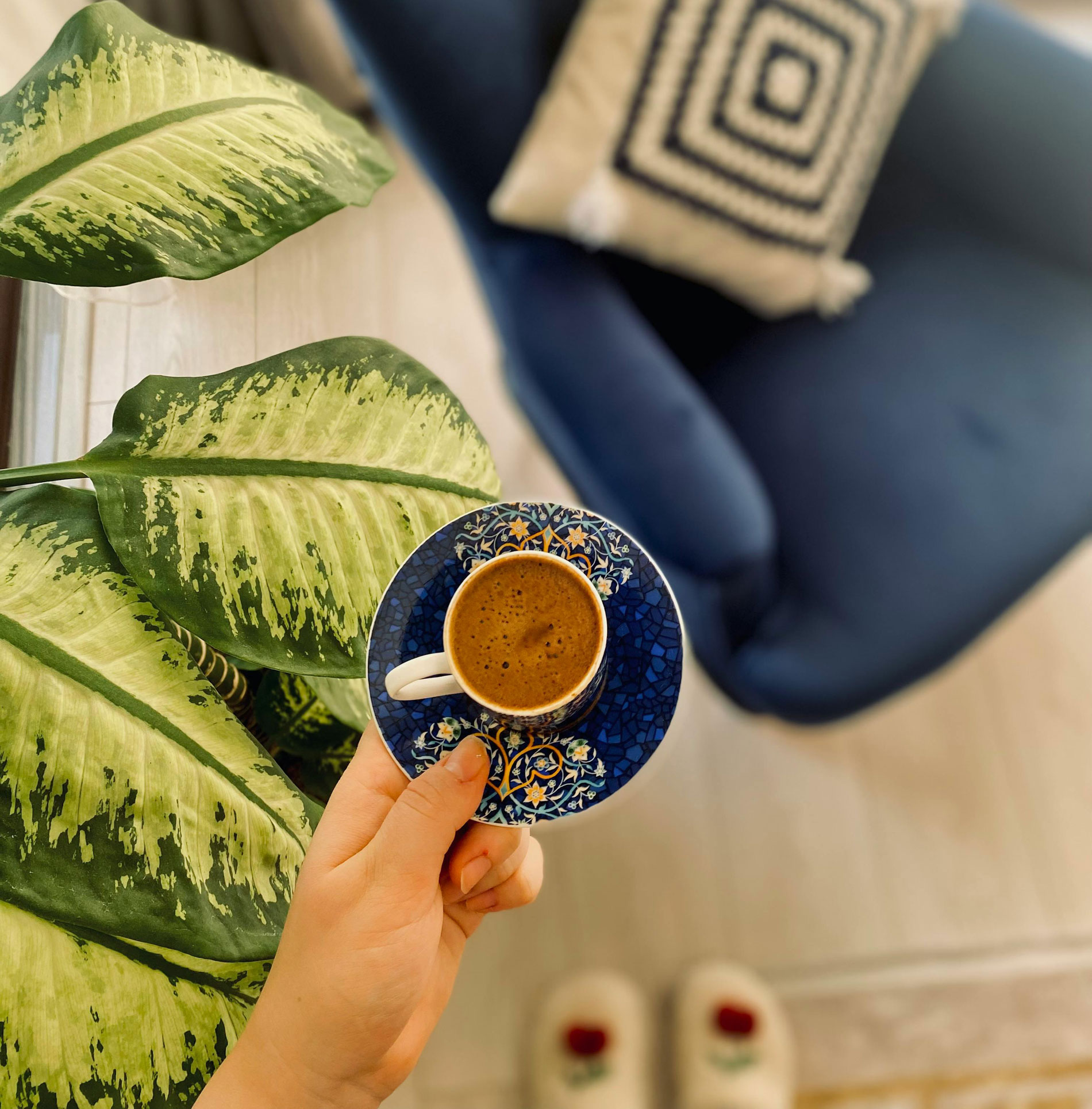In a world that glorifies hustle culture and relentless achievement, productivity is often treated as the ultimate measure of self-worth.
We wear our busyness like a badge of honour, convinced that every moment spent resting is a moment wasted. But what if this mindset is not only unsustainable but also counterproductive? What if the secret to unlocking creativity, clarity, and genuine progress lies not in doing more but in doing less?
Productivity is not the be-all and end-all
We’ve been conditioned to view productivity as the ultimate goal: the more tasks we check off, the more successful we believe we are. But this approach ignores a fundamental truth—humans are not machines. Unlike a factory line, our value is not solely tied to output. The relentless pursuit of productivity often leads to burnout, diminishing returns, and a lack of joy in the very things we once loved.
True fulfilment often stems from a life well-lived, not a to-do list well-managed. Productivity should be a tool, not an identity. It’s worth asking yourself: What’s driving your need to stay busy? Are you building toward something meaningful, or are you afraid of sitting still?
Forcing inspiration never works (we know, we've tried)
One of the biggest myths of productivity is that inspiration can be summoned on command. We’ve all had moments of staring at a blank screen or struggling to find motivation, pushing ourselves harder only to feel more stuck. The reality is, creativity and inspiration thrive in spaciousness. When we force them, they shrink; when we nurture them with time and patience, they flourish.
Think about your most brilliant ideas: Did they arrive when you were hunched over your desk, desperately trying to make them happen? Or did they appear in the shower, on a walk, or while engaging in something entirely unrelated?
Stepping away from work isn’t a sign of laziness; it’s a vital part of the creative process.

Taking breaks can lead to clarity
Rest is often seen as the antithesis of productivity, but science tells a different story. Studies show that regular breaks improve focus, decision-making, and problem-solving skills. When we give our minds a chance to wander, we often gain new perspectives and insights that were inaccessible during periods of intense concentration.
Breaks don’t have to be elaborate or time-consuming. A short walk, a quiet moment of mindfulness, or even a coffee while sitting by the window can be enough to reset your brain. The key is intentionality—choosing to pause and recharge rather than powering through. Clarity doesn’t come from grinding harder; it comes from stepping back and giving yourself space to breathe.
The power of having a hobby
Engaging in activities unrelated to your work can be one of the most effective ways to boost creativity. Hobbies allow you to explore new skills, perspectives, and ways of thinking, which often carry over into your professional life. Whether it’s painting, gardening, playing an instrument, or baking, hobbies provide a mental shift that refreshes your mind and sparks new ideas.
Moreover, hobbies remind us that we are multifaceted beings. Your worth isn’t confined to your job or your ability to produce; it’s enriched by your passions, curiosities, and the joy you find in simply creating for the sake of creating. This balance not only makes you more innovative at work but also cultivates a deeper sense of self.
What if success wasn’t about how much you accomplish in a day but how aligned you feel with your values?
What if your worth wasn’t tied to your output but to your ability to live a life that feels meaningful and whole? Rest is not a reward for productivity; it’s a fundamental need. By embracing rest, spaciousness, and hobbies, you’re not just avoiding burnout—you’re creating the conditions for a richer, more creative, and more fulfilling life.

We’re not going to wrap up this blog post telling you to do anything.
In fact, do nothing.










